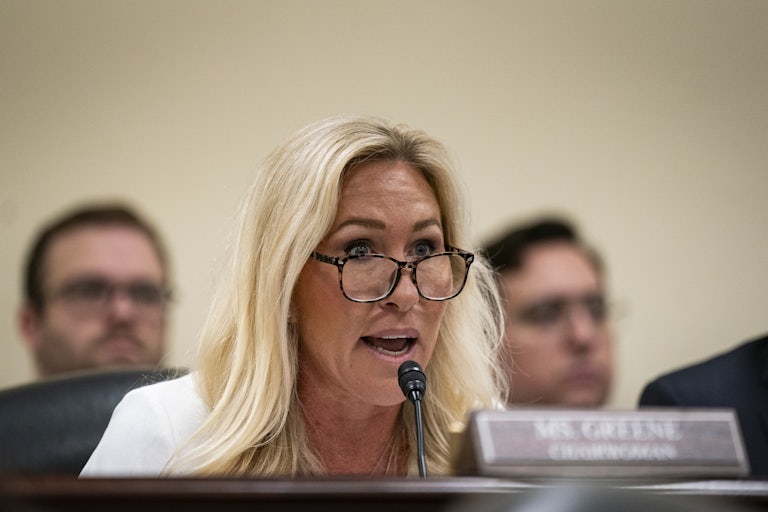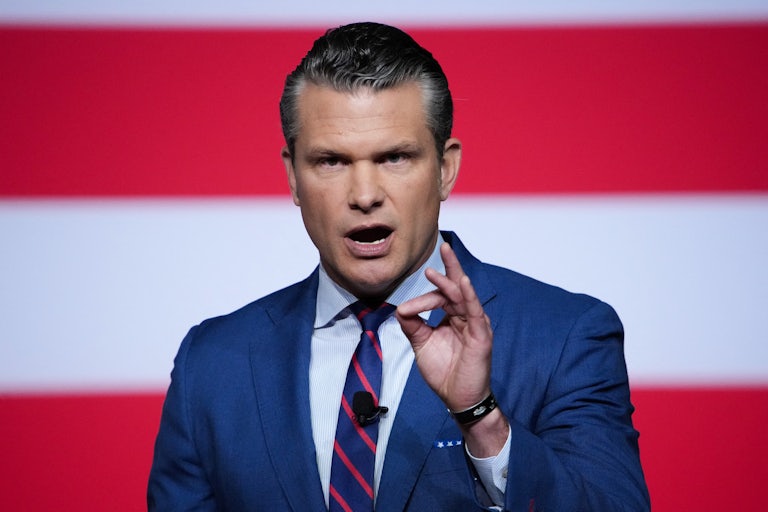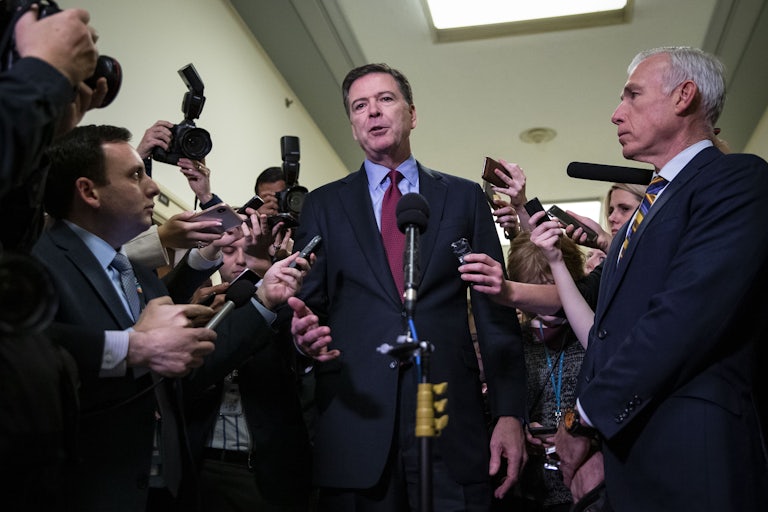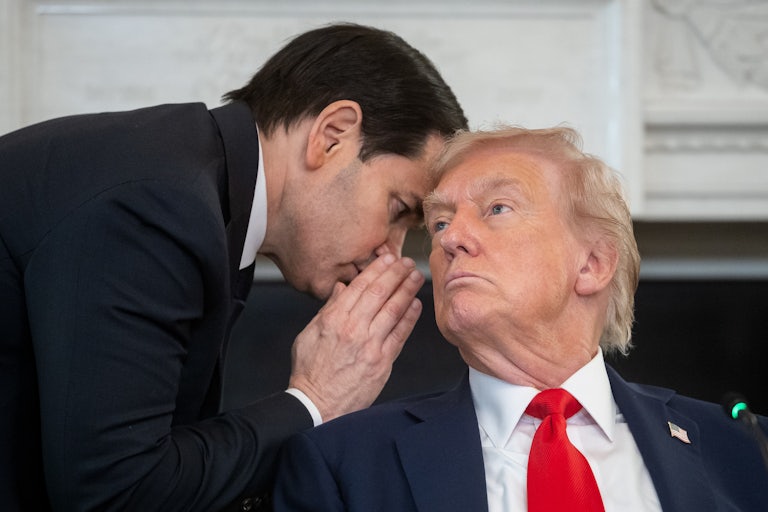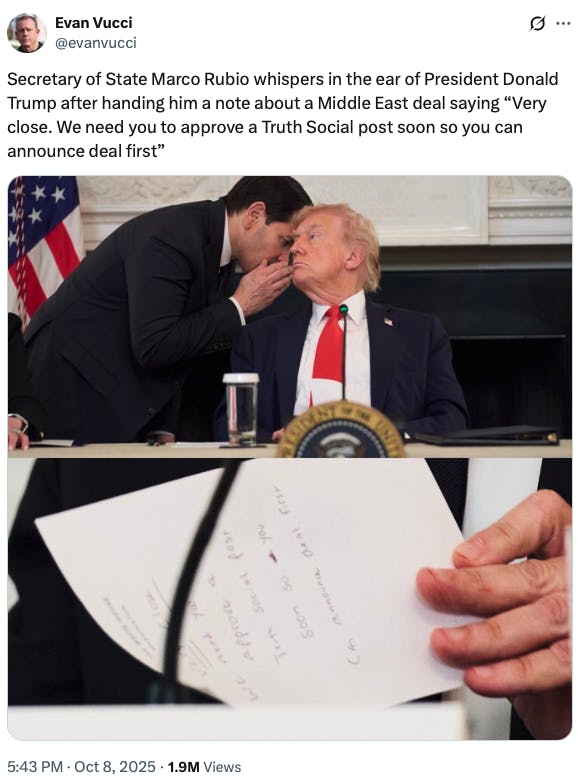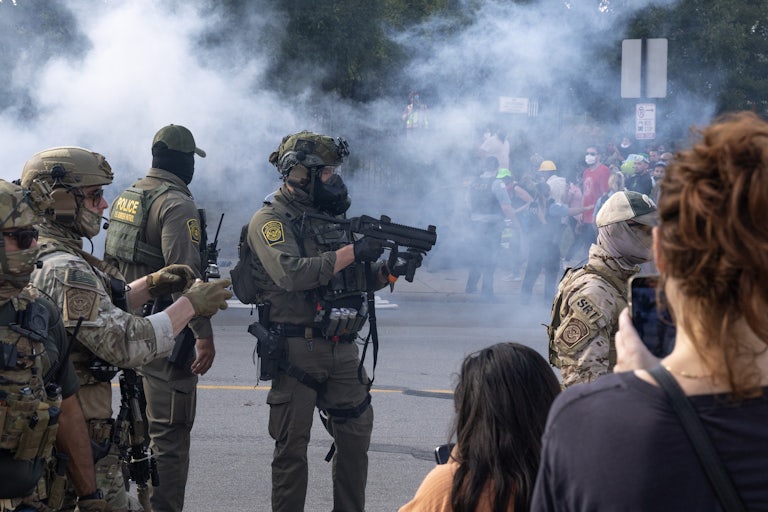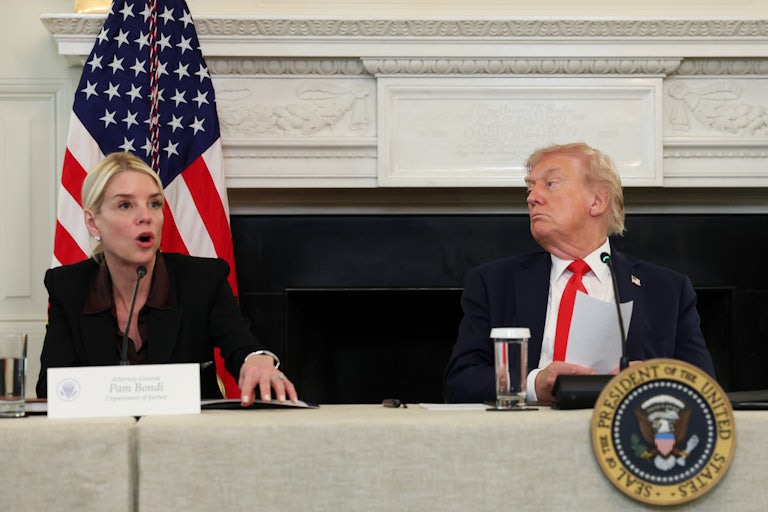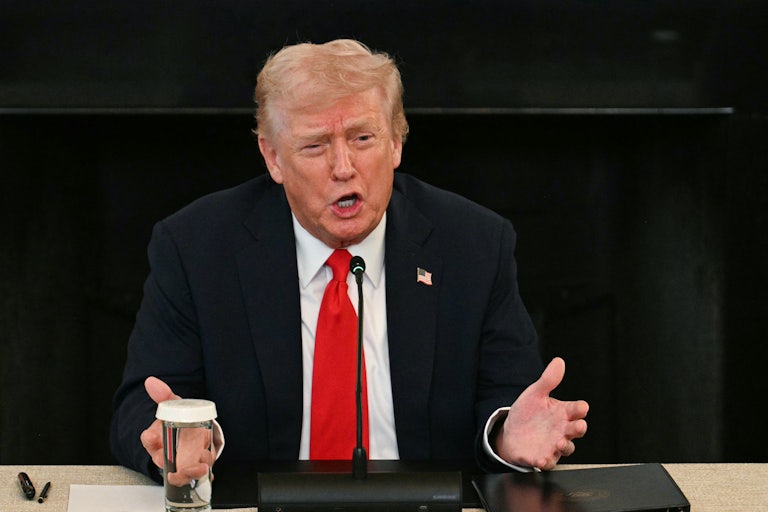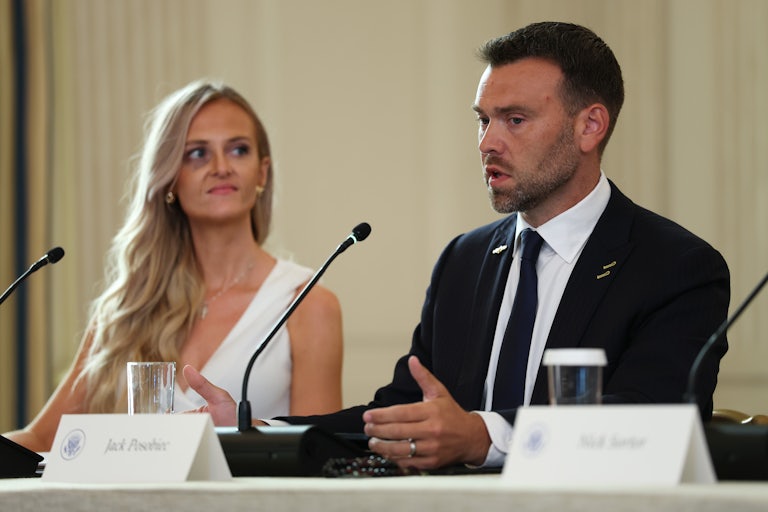GOP Rep Says Rural Areas Will Just Have to Deal With Hospitals Closing
Representative Mike Flood isn’t worried about the fact that Donald Trump’s bill will force hospitals to close.
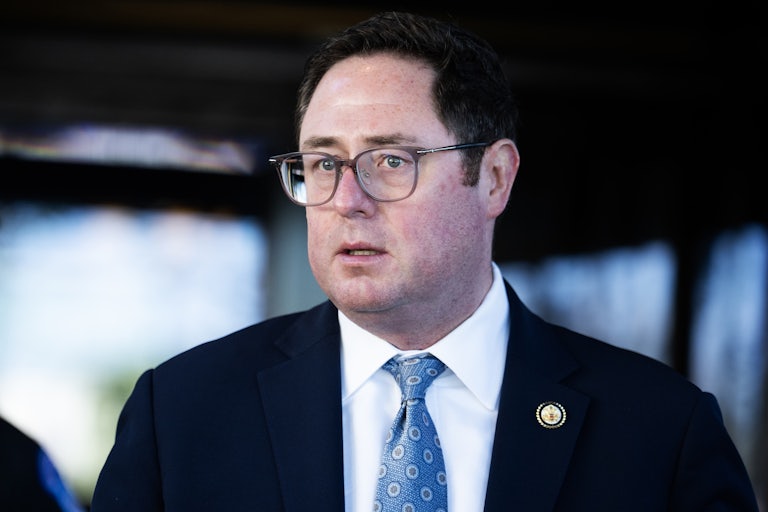
Republicans are already working to downplay rural hospitals shutting down as a result of President Donald Trump’s behemoth budget reconciliation bill.
During an interview on MSNBC’s Morning Joe Thursday, Nebraska Representative Mike Flood didn’t deny co-host Joe Scarborough, who told him that six rural hospitals would likely shutter as a result of the massive cuts to Medicaid he voted for. In fact, Flood didn’t seem the least bit concerned.
Flood claimed that the Senate’s supplementary $50 billion fund for a rural health transformation program would offset some of the squeeze, but admitted that many rural hospitals would need to prepare to be stripped of essential services.
“Here’s the deal: Some hospitals in America, that are rural hospitals, are going to eventually have to transition from being acute bed hospitals into, like, an emergency room model,” Flood said.
The Senate’s $50 billion fund—which is little over one third of the estimated loss in federal funding to rural hospitals—-would force hospitals to “think creatively about what kind of services we need in really small towns,” Flood explained.
But it’s still unclear how exactly the money would be distributed, according to KFF. The law did not offer specific criteria that the Centers for Medicare and Medicaid Services would use to approve or deny applications for funding, rules about how cash would be allocated, or language requiring transparency about how the decisions are made. One can easily imagine that if the decision is in the hands of Trump, who has already moved to gut programs in blue states, total compliance with his agenda would be necessary to receive support.
Trump’s behemoth budget bill will cut nearly one trillion from Medicaid funding over the next 10 years, resulting in the mass closure of rural hospitals, which are already struggling to survive.
Because more people receive and rely on Medicaid coverage in rural communities than in urban areas, cuts to Medicaid would force rural hospitals, which already operate on razor thin margins, to absorb skyrocketing rates of uncompensated care, according to the National Rural Health Association. The continued strain will force them to cut services and personnel, and eventually close. More than 45 percent of rural hospitals in the United States operate with negative margins, and more than 300 rural hospitals are at risk of closing as a result of Trump’s “one big, beautiful bill.”
And Nebraska, Flood’s home state, is no exception. The Nebraska Rural Health Association found that 39 of the state’s 71 rural hospitals have a two percent or less operating margin. Of those hospitals, 29 had negative operating margins in 2018, and 22 of them had a -3 percent margin or less.
The University of Nebraska Medical Center’s College of Public Health published a report in May that found that cuts to Medicaid would cost 110,000 Nebraskans their health insurance and put 5,000 Nebraskans out of their jobs.
But when asked whether the Medicaid cuts would hurt rural hospitals, Flood claimed that his state was on an “upward trend” in terms of health care access. “We do have resources here, and our hospitals and doctors are providing great care. I wouldn’t be saying this if I didn’t live it. I live it, I live in it, I love it,” he said.
But it’s not whether the high quality care already exists, but how long it will be accessible that is concerning health care experts and constituents.
